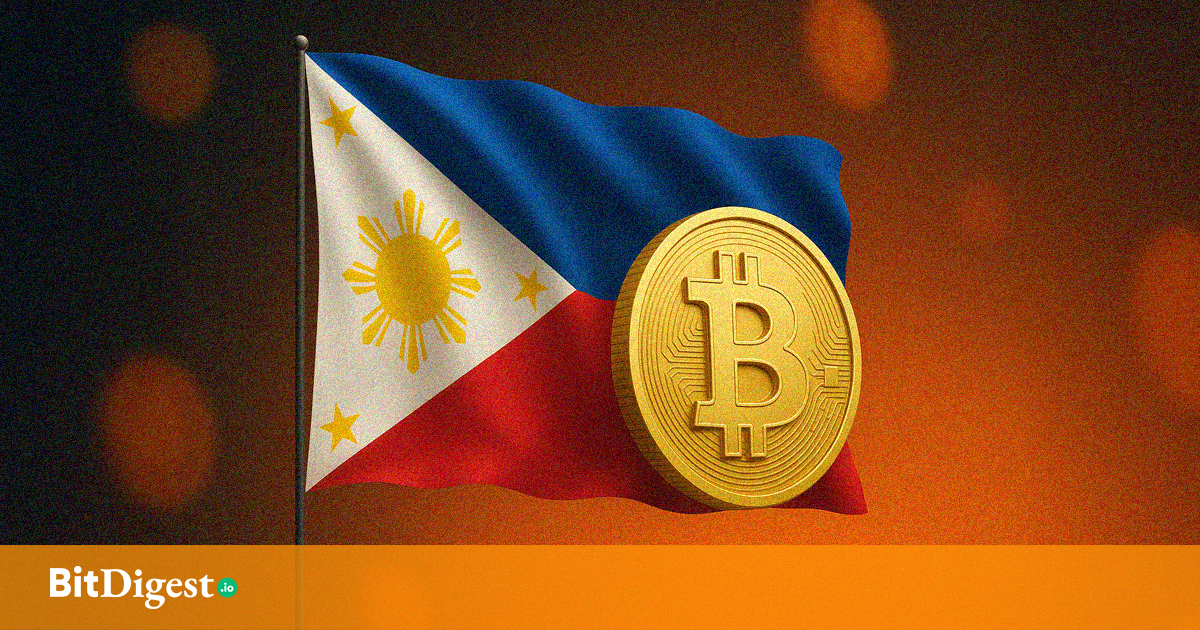Dubai Launches MENA's First Licensed Tokenized Real Estate Project
Dubai has launched the first government-backed tokenized real estate platform in the MENA region, marking a major milestone for blockchain adoption in the property sector. Supported by the Dubai Land Department, the Central Bank of the UAE, and the Dubai Future Foundation, the initiative enables fractional ownership of real-world properties through blockchain technology.
New Platform Enables Fractional Property Investment
The project is being piloted through Prypco Mint, a platform that allows UAE residents to invest in “ready-to-own” real estate for as little as 2,000 Emirati dirhams (~$545). Initially, only residents with valid UAE national IDs can participate, and all transactions will be conducted in AED. However, officials confirmed plans to open the platform to international investors in future phases.

Zand Digital Bank will oversee financial operations for the pilot program, ensuring compliance and regulatory oversight.
Legal Framework and Regulatory Clarity
A key enabler of the project is the updated framework by Dubai’s Virtual Assets Regulatory Authority (VARA), which now permits Real World Asset (RWA) tokens to be traded on secondary markets. This change lays the foundation for a transparent, liquid, and legally compliant market for tokenized real estate.
The initiative builds on a previous memorandum of understanding between VARA and the Dubai Land Department to integrate property registries with tokenized asset systems, streamlining ownership verification and accelerating transaction speeds.
Tokenization Could Reshape Property Investment
Tokenizing real estate allows for fractional ownership, enabling retail investors to access a traditionally high-barrier market. It also increases liquidity in a sector often characterized by long sales cycles and limited transparency.
According to a report by Custom Market Insights, the global tokenized real estate market is projected to reach $19.4 billion by 2033, growing at an average annual rate of 21%. The outlook includes residential, commercial, and industrial real estate.

While platforms like RealT and Metlabs have already made inroads in real estate tokenization, some have struggled with regulatory hurdles. Dubai’s approach — anchored in collaboration with banks, regulators, and tech platforms — positions it as a potential global model for RWA adoption.
.svg)


.svg) SHARE TO FACEBOOK
SHARE TO FACEBOOK SHARE TO TWITTER/X
SHARE TO TWITTER/X SHARE TO LINKEDIN
SHARE TO LINKEDIN SEND TO MAIL
SEND TO MAIL


.svg)


.svg)